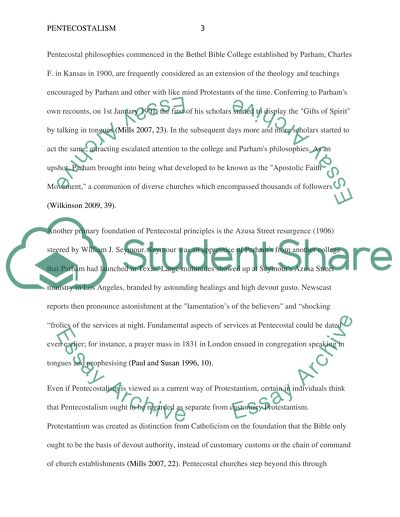Cite this document
(“Pentecostalism Essay Example | Topics and Well Written Essays - 2000 words”, n.d.)
Retrieved from https://studentshare.org/religion-and-theology/1459362-12-scholars-have-called-pentecostalism-ychthe-most-significant-global-expansion-of-a-christian-movement-in-the-history-of-chris
Retrieved from https://studentshare.org/religion-and-theology/1459362-12-scholars-have-called-pentecostalism-ychthe-most-significant-global-expansion-of-a-christian-movement-in-the-history-of-chris
(Pentecostalism Essay Example | Topics and Well Written Essays - 2000 Words)
https://studentshare.org/religion-and-theology/1459362-12-scholars-have-called-pentecostalism-ychthe-most-significant-global-expansion-of-a-christian-movement-in-the-history-of-chris.
https://studentshare.org/religion-and-theology/1459362-12-scholars-have-called-pentecostalism-ychthe-most-significant-global-expansion-of-a-christian-movement-in-the-history-of-chris.
“Pentecostalism Essay Example | Topics and Well Written Essays - 2000 Words”, n.d. https://studentshare.org/religion-and-theology/1459362-12-scholars-have-called-pentecostalism-ychthe-most-significant-global-expansion-of-a-christian-movement-in-the-history-of-chris.


